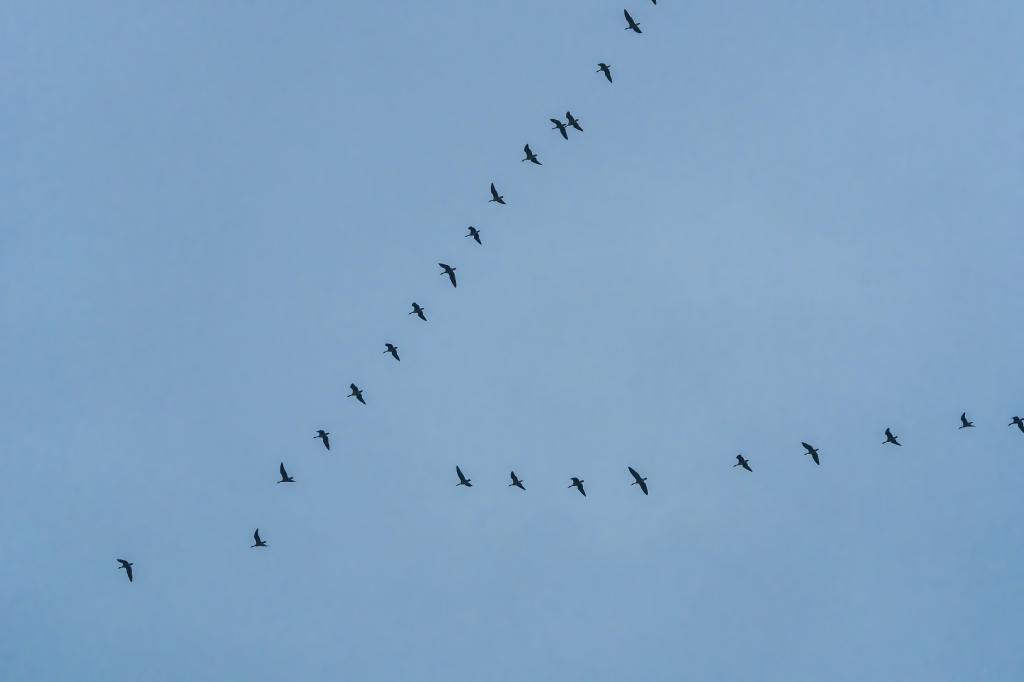They came to us with open hands, whip marks
on their backs, broken shackles on their legs,
and said, We are human beings. Treat us as such.
And some of us said, Yes, you are, and took their hands.
And some of us said, Shut up, nigger, and called for
the tear gas, the fire hose, the dogs.
We came to you with open hands, with flowers
in our hair, with the words of a preacher, and said,
We are all human beings. Love is the only way.
And some of you said nothing. And some of you said
tear gas, rubber bullets, Martin on the balcony,
thirteen unarmed students at Kent State.
We come to you in numbers, tears in our eyes,
signs in our hands, and say, Black Lives Matter,
justice for Freddie Gray, no more police brutality,
hands up don’t shoot
And some of you still said nothing. And others
said riot gear, tear gas, rubber bullets, 4-wheel drive
driving over resistant bodies, torches in the humid night,
You will not replace us, some very fine people.
We come to you with masks on our faces, not
to hide who we are, but to stave off disease,
we come to you risking infection, risking
a death of not being able to breathe, like
Eric Garner, like George Floyd, we come
in masses like never before because we have
no jobs, no protection from the disease, no
compensation for our losses, no comfort
in our grief except a man who tear-gasses
citizens so he can walk a few yards in triumph
and hold over his head before cameras a book
he has never read, that does not say what
he thinks it says, we come to you saying
We the People, and those of you who are not
still silent, hiding indoors, you say by your actions
You are the Enemy. We, your neighbors.
We are coming for you. Not with weapons, but
not with flowers, not with violence, neither with
peace, not the peace you demand, which is order,
which is death–we are coming for you as the wave
comes for the shore, shaken by the movement
of the ocean floor, the turning over in the deep–
the tsunami wave that pulls back and pulls back
before it unfolds, breaking down everything in its path.
We are coming.




